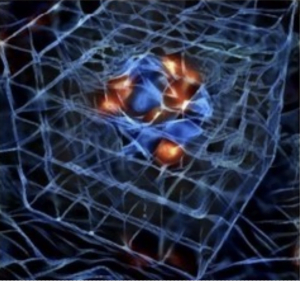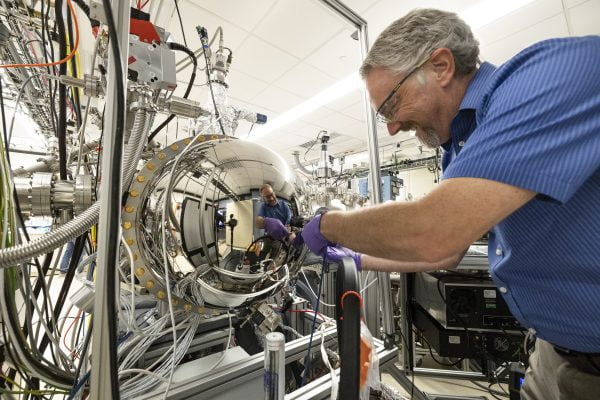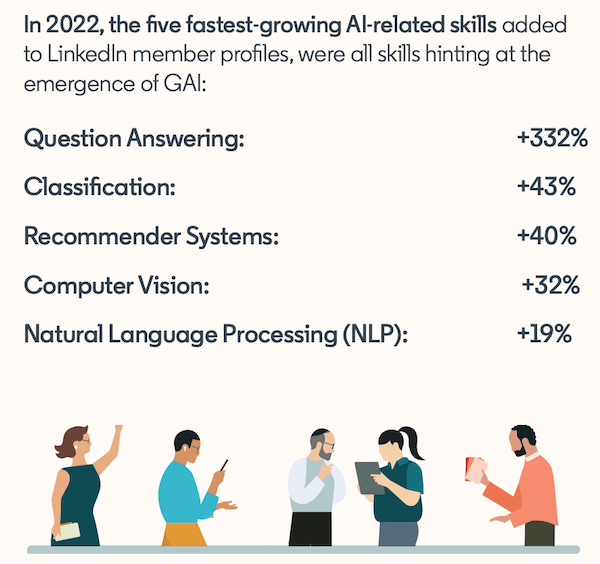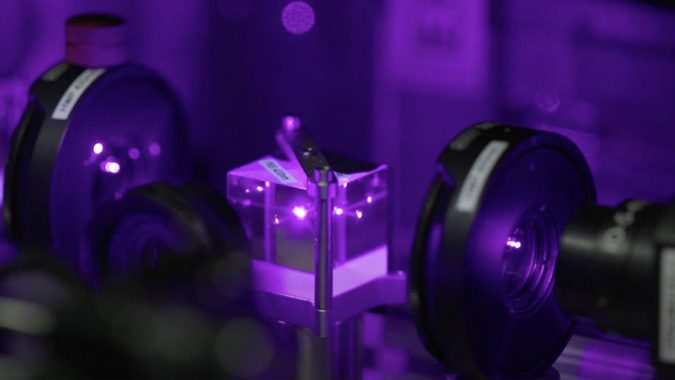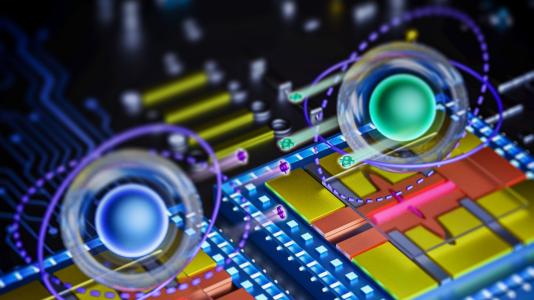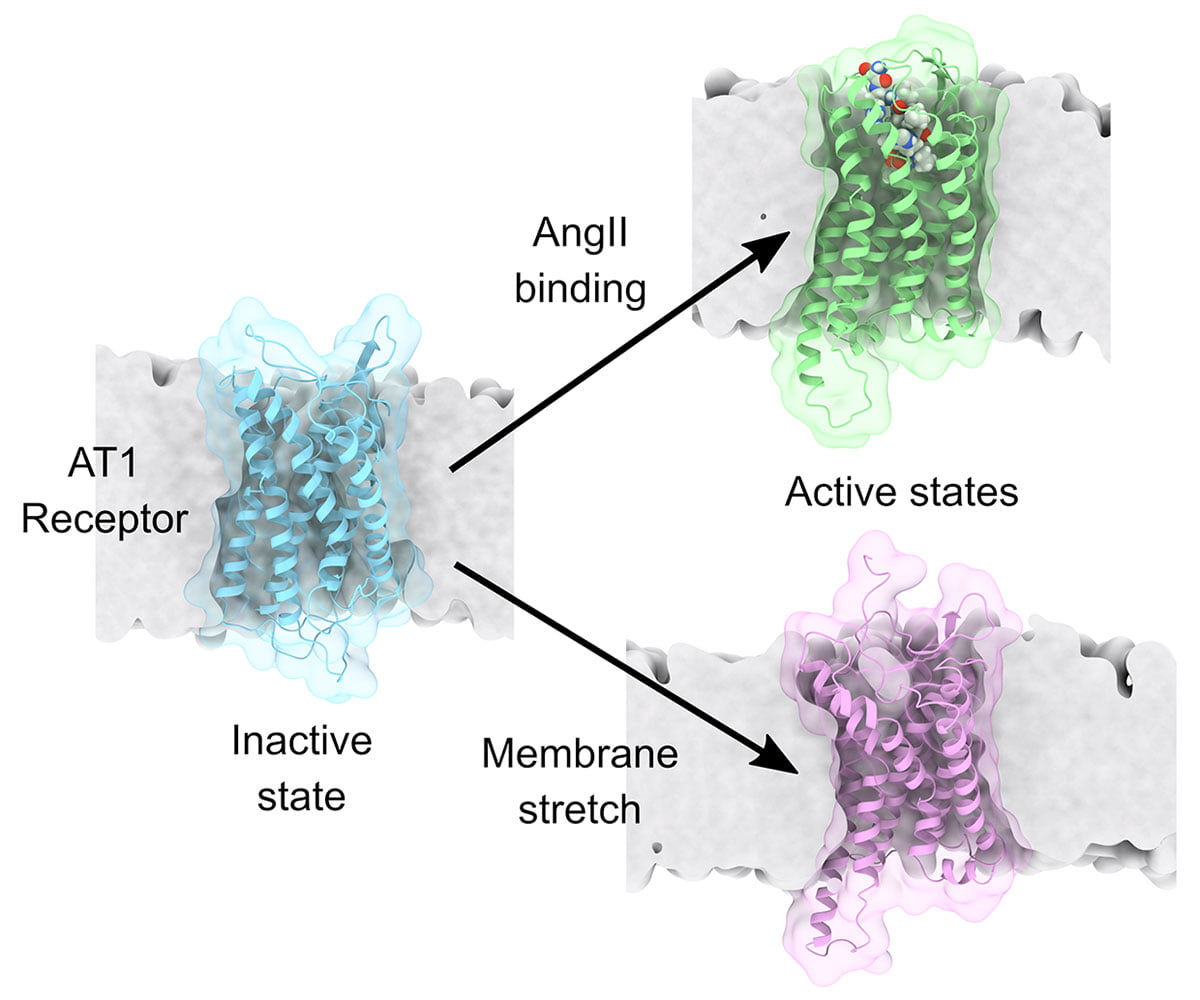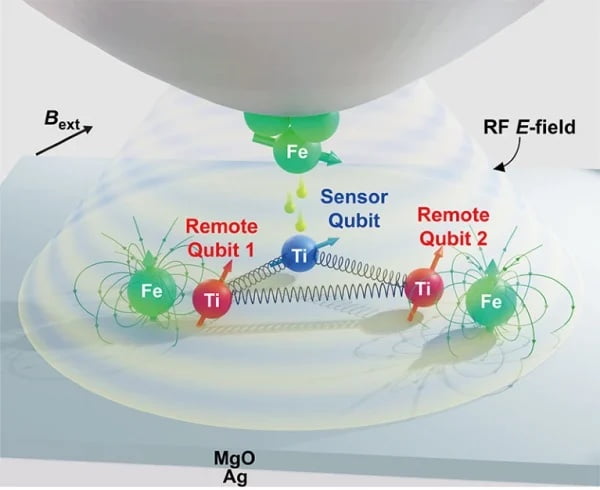
A new set of AI-based code conversion tools is available with IBM watsonx. Before introducing the new “watsonx,” let’s talk about the previous generation Watson, perhaps better known as “Jeopardy!-Watson.” The post Watsonx Brings AI Visibility to Banking Systems appeared first on HPCwire.

Scientists have unlocked many secrets about particle interactions at atomic and subatomic levels. However, one mystery that has eluded researchers is dark matter. Current supercomputers don’t have the capability to run custom machine learning (ML) architectures that can tackle calculating the properties and interactions of large atomic nuclei needed to help in solving this mystery. […]

Quantum computers process information using quantum bits, or qubits, based on fragile, short-lived quantum mechanical states. To make qubits robust and tailor them for applications, researchers from the Department of Energy’s Oak Ridge National Laboratory sought to create a new material system. The post Researchers Advance Topological Superconductors for Quantum Computing appeared first on HPCwire.

The launch of ChatGPT and similar generative AI technologies is reshaping the skills required in the workplace, according to a new report from LinkedIn. “The Future of Work Report: AI at Work” found the pace at which LinkedIn members added AI skills to their profile has nearly doubled since ChatGPT’s debut in November 2022, rising from […]

The integration of quantum computing into high-performance computing (HPC) centers is a topic of growing interest and urgency. As quantum computing matures, the question is no longer just about its theoretical capabilities but also its practical applicability in real-world computing environments. In fact, many organizations that are shopping for quantum computers require them to be […]

Coherence stands as a pillar of effective communication, whether it is in writing, speaking or information processing. This principle extends to quantum bits, or qubits, the building blocks of quantum computing. A quantum computer could one day tackle previously insurmountable challenges in climate prediction, material design, drug discovery and more.

If you think of the human body as consisting of a team of organs that plays against a defense of diseases, then the AT1 receptor is a key player — especially when it comes to attacks on the heart and kidneys. To better understand this protein’s role, researchers from Oregon State University and the University […]

The strange world of qubit types and quantum computing approaches keeps growing. A team of researchers from Center for Quantum Nanoscience, Institute for Basic Science (IBS), Korea, report this Month in Science performing quantum calculations by dragging the tip of a scanning tunneling microscope over titanium atoms on a surface. While no one expects the […]

From November 21-24, the final Human Brain Project (HBP) review was held in Brussels, during which members of the HBP consortium presented the final project results to a panel of external scientific experts. The scope of this review was the final phase of the HBP, which ended in September 2023. Results were presented in detailed […]

Should you start exploring quantum computing? Yes, said a panel of analysts convened at Tabor Communications HPC and AI on Wall Street conference earlier this year. The post Analyst Panel Says Take the Quantum Computing Plunge Now… appeared first on HPCwire.


